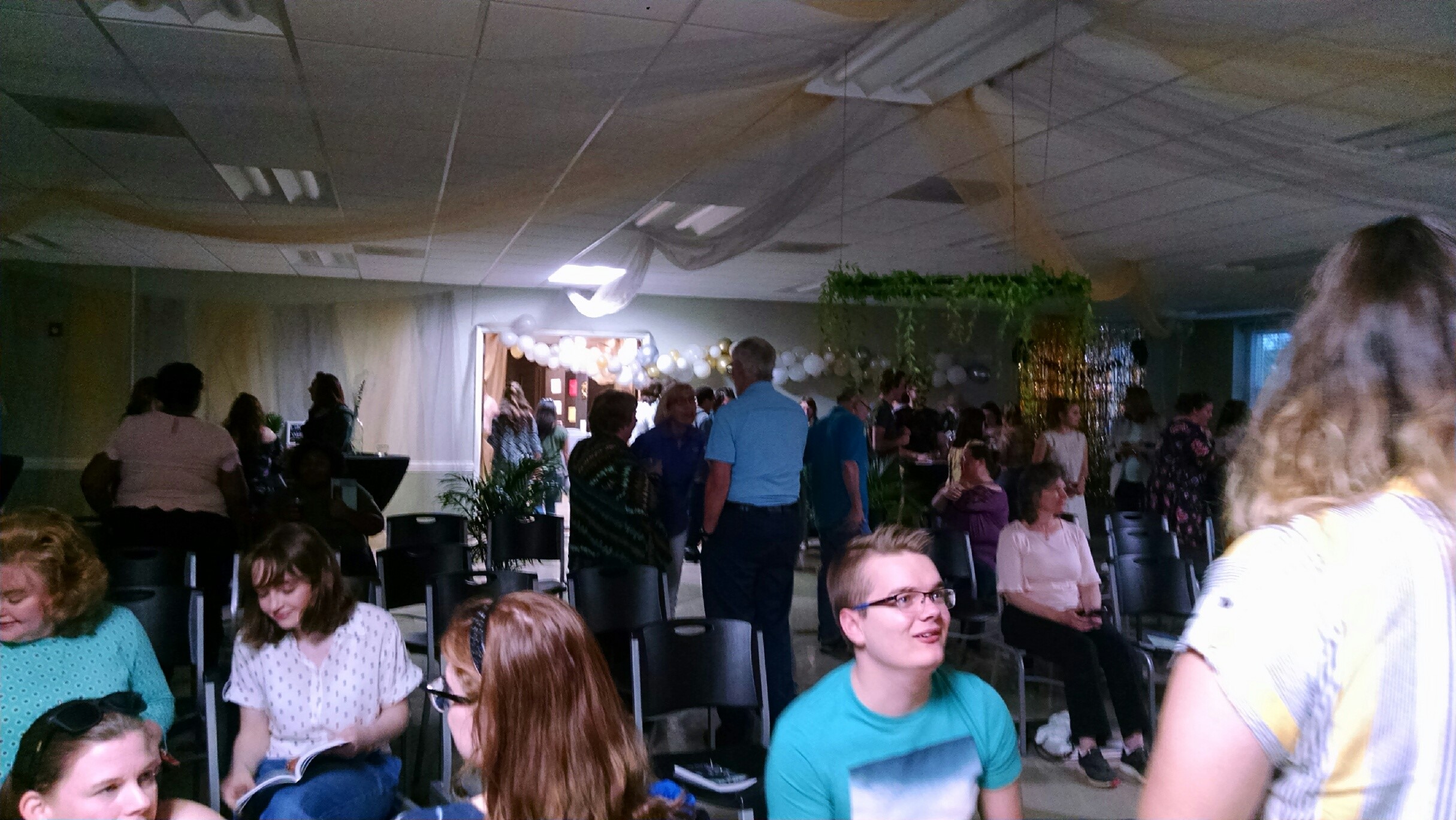
My friends know that I love cooking almost as much as writing. I cook when I’m happy, I cook when I’m sad, and I even cook when I’m mad. Naturally, I also write about cooking.
I am also a huge fan of the Food Network show: Beat Bobby Flay! Lately I’ve been musing a little bit on what this show means to me as a writer. And as strange as it sounds, there are actually many lessons we writers can take from this popular cooking competition show, especially from the celebrated chef himself.
Never bore your readers….or the judges. Just as Bobby surprises the judges with little flourishes such as adding pickled shallots, fried okra, or a crispy bottom layer to his rice, we should also delight our readers (and judges) with fresh diction and unusual revelations, about our fictional characters or about ourselves when writing essays.
It’s all about the presentation. One of the many things I adore about Bobby is how he always, always, always, no matter how stressed he may be, thinks about the presentation of his dish to the judges. Somehow he manages to find time to sprinkle a few chopped chives or parsley on top or drip a curly-cue of sauce on the side, and give each plate that Michelin-star appearance. Similarly, we need to be thinking about the presentation of our work. No sloppiness, no typos. Our writing deserves a careful proofread every time, and of course, a snazzy title.
Never let ‘em see you sweat. Bobby is unflappable. No matter how many curve balls are thrown his way – such as the time someone tied an arm behind his back or outlawed peppers – Bobby forges ahead and finishes, even when he’s forced to bake, which he admits is not his strong suit. This ability stems from just one thing—his unending love of cooking. The same goes for writers. If you are not absolutely loving what you’re doing, even in the toughest of times, this may not be the field for you. Loving our work is what makes us want to follow through and enjoy the ride, in the same way as Bobby.
Don’t take yourself too seriously. The celebrity judges have so much fun with Bobby, whether forcing him to play the kazoo, singing in his ear, or just plain trash-talking him, they really try to push his buttons. But he never caves to the pressure. Instead, he just plays along with their antics and laughs, even as he fights to the finish. In his example, we writers shouldn’t pass up the opportunity to chuckle, whether it’s by adding a touch of humor to a poem or by poking fun at ourselves in an essay. This element comes naturally to me because I’m always doing something goofy.
Be humble. Bobby’s humility is what I admire most about him. In his own words, he is not afraid to fail. This means that the three-time James Beard Award winner and repeated Iron Chef, can afford to greet his competitors with respect. “I’m worried,” he’ll admit, when he faces a chef with a reputation for excellence, and I think he means it. And when another chef does beat him, he shakes their hand (or hugs them) and walks off the stage like a true champion, giving the winner their own moment to shine. The power of expression comes with tremendous responsibility, and as writers, we should always remember to be grateful and kind.
What about you? Do you have an idol outside the writing world that you admire? Think about it, and you might find new ways of inspiration.




 rday, December 14, I had the pleasure of attending the launch of
rday, December 14, I had the pleasure of attending the launch of 
 Our mission was brutal. The email from Al Manning, the head of
Our mission was brutal. The email from Al Manning, the head of 
 Last night I had the pleasure of reading my poem “I Like My Bagel Toasted” at the special launch celebration of
Last night I had the pleasure of reading my poem “I Like My Bagel Toasted” at the special launch celebration of  Hats off to the editors who read and considered the nearly 1,000 submissions they received for this issue! My “bagel” and I were indeed lucky to be included. It’s taken a lot of courage to write about my multiple sclerosis so this has been a big step for me.
Hats off to the editors who read and considered the nearly 1,000 submissions they received for this issue! My “bagel” and I were indeed lucky to be included. It’s taken a lot of courage to write about my multiple sclerosis so this has been a big step for me. rty and feel like you don’t quite belong? Not sure about where to sit? Is that a cheese ball or a centerpiece? Is it edible? And what do you talk about when you find yourself balancing a glass of punch with strangers?
rty and feel like you don’t quite belong? Not sure about where to sit? Is that a cheese ball or a centerpiece? Is it edible? And what do you talk about when you find yourself balancing a glass of punch with strangers?